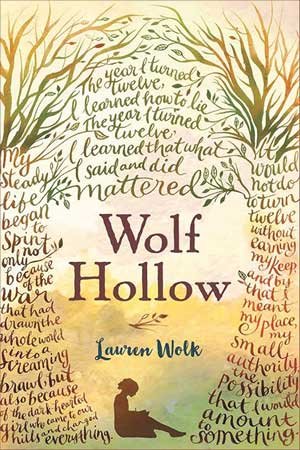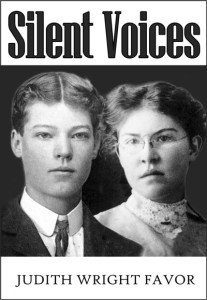Working Cover Draft for The Beacons
a new novel
by Judith Favor
Reading connects people;
so does writing.
Writing helps clarify ideas,
keep track of details
and discover hidden meanings.
Expressing our truths with love
connects us—physically, mentally,
emotionally and spiritually—
to our readers
and to our deepest selves.
We read to know we are not alone.
C.S.Lewis
- The Beacons of Larkin Street is a Nineteen-Seventies historical novel written by a contemplative feminist great-grandmother, an ordained minister who once pastored a church in San Francisco.
- Where do you see contemplative perspectives influencing the stories? Feminist perspectives? Grandmotherly points of view? Ministerly perspectives?
- Set in San Francisco, twelve aspects of the City structure the novel. What connections do you see between the human characters and the character of San Francisco?
- Tales of The Beacons move between the perspectives of seven women. Do you find the author’s omniscient POV to be confusing, credible, clear, challenging or something else?
- If Beka were the sole narrator, the reader would get one singular angle on each character. Do you think Beka’s POV would have strengthened the novel? Why or why not?
- If she were the sole voice, Rev Ruth would have told the story very differently. Would you prefer her first-person voice? Why or why not?
- Which of Rev Ruth’s difficulties as a first-time pastor give you the greatest insight into her character? The most compassion for her?
- How about Beka’s efforts to guide things as Saint Lydia’s Head Beacon?
- The seven women have different sexual orientations and diverse attitudes about sexuality and spirituality. Did the author convince you that each is justified in her beliefs and practices? Why or why not?
- In Dot and Rev Ruth’s conflict over communion, do you think the resolution took too long, or came too fast? How might you have done it?
- Who was your favorite character? What about her intrigued you?
- Which scene was your favorite? What made it memorable?
- At the end, several story lines are left unresolved. Do you wish the author had resolved the characters’ dilemmas?
- Do you think Rev Ruth will live or die? Return to guide St. Lydia’s, or go to Cleveland?
- What do you think will become of Paige? Dot? Hope and Millienne? Luz?
- Are there other subplots you wonder about?
- This is the first in a trilogy. Which dilemmas and storylines do you most want resolved in a sequel?





